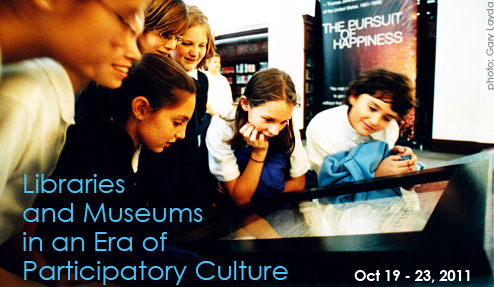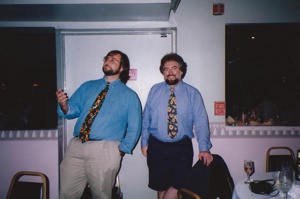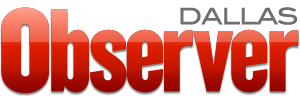
I have been invited to be a part of the Salzburg Global Seminar “Libraries and Museums in an Era of Participatory Culture” which will be held in Salzburg, Austria in October. The session is being convened jointly by the Salzburg Global Seminar (SGS) and the Institute of Museum and Library Services (IMLS).
From the seminar description:
Abstract
As key stewards of our culture and heritage, libraries and museums have traditionally enjoyed, and to a great extent still do enjoy, a unique role and special responsibility within societies around the world. But as economic disruptions and rapid technological innovation have brought about dramatic societal changes, libraries and museums, too, are being forced to revisit and rethink their own roles and responsibilities within these changing societies. The 21st century indeed poses perplexing challenges, but at the same time offers intriguing new opportunities for libraries and museums. It is a critical moment for leaders within libraries and museums to reflect creatively and strategically about the role and place of their institutions in an era of participatory culture and to recognize and seize the opportunity for reorientation and reinvention.
Building on the Institute of Museum and Library Services (IMLS) initiative The Future of Museums and Libraries as well as on past museum and library sessions convened by the Salzburg Global Seminar, this session will bring together approximately fifty leaders, advocates and constituents of libraries and museums, cultural and educational policymakers, cultural sector researchers, representatives of library and museum education programs, technology experts, sociologists, journalists, and library and museum association representatives to debate the changing roles and responsibilities of libraries and museums in their societies. The participants will consider the following key areas: societal changes that are shaping the future of museums and libraries; collaboration; education and training; communication and technology; sustainability; value and values. Together, the participants will develop a set of recommendations for libraries and museums to meet the new challenges posed to them in this era of participatory culture. The recommendations, in turn, will be shared with the larger library and museum community worldwide.
This session is being convened in partnership with the Institute of Museum and Library Services in Washington, D.C.
SALZBURG GLOBAL SEMINAR
The Salzburg Global Seminar is a unique international institution focused on global change—a place dedicated to candid dialogue, fresh thinking, and the search for innovative but practical solutions. Founded in 1947, it challenges current and future leaders to develop creative ideas for solving global problems, and has brought more than 25,000 participants from 150 countries and regions to take part in its programs. The Salzburg Global Seminar convenes imaginative thinkers from different cultures and institutions, organizes problem-focused initiatives, supports leadership development, and engages opinion-makers through active communication networks, all in partnership with leading institutions from around the world and across different sectors of society. To learn more about the Seminar, please visit www.salzburgglobal.org
THE INSTITUTE OF MUSEUM AND LIBRARY SERVICES
The U.S. federal Institute of Museum and Library Services is the primary source of governmental support for the nation’s 123,000 libraries and 17,500 museums. The Institute’s mission is to create strong libraries and museums that connect people to information and ideas. The Institute works at the national and international levels and in coordination with state and local organizations to sustain heritage, culture, and knowledge; enhance learning and innovation; and support professional development. To learn more about the Institute, please visit www.imls.gov.



